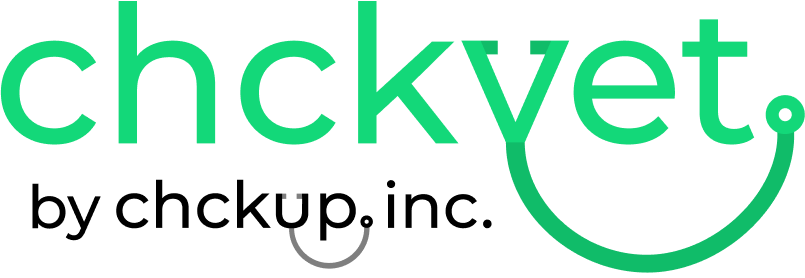Table of Contents
Myth #1: SEO Provides Immediate Results
Myth #2: An Exact-Match Domain with Relevant Keywords is All You Need
Myth #3: There Are Shortcuts to the Ranking First
Myth #4: Having a Blog Solves All My Problems
Myth #5: Keyword-Stuffed Content Works with Google
Myth #6: A Social Media Campaign and Link Building are Enough
Improve Your SEO
Debunking the 6 Most Common Veterinary SEO Myths
Elliott Greenwood
May 30, 2023 · 3 min read

A coherent search engine optimization plan can improve your veterinary practice's visibility and increase its client base. Unfortunately, several SEO myths lead people astray. Learn what separates the amateurs from the pros as we debunk these common myths.
A veterinary practice requires much ongoing time and effort to maintain.
You must:
Hire and train new staff
Attend educational seminars to hone or gain new skills
Buy new equipment to offer more services
Then, having put in all that effort to provide top-tier services, you need to grow your client base.
An effective search engine optimization or SEO strategy can attract new clients and grow your practice.
Like your practice, an effective SEO approach also requires time, knowledge, and content to get high organic rankings in search engine result pages (SERPs). Knowing what to do with SEO also means knowing what not to do.
Read on as we debunk six common SEO myths for veterinary practices.
Myth #1: SEO Provides Immediate Results
Unfortunatley not. SEO is not a quick fix. The good news is that, if done correctly it works.
SEO is a long-term strategy requiring ongoing attention and maintenance. A high organic ranking depends on high-quality content about your relevant keywords.
The formula is simple — provide the information your clients (pet owners) want, and you’ll improve your search engine rankings.
Now remember, you are competing with every veterinary practice in your area. Just like in vet school, there are no shortcuts to success.
But, you can rise to the top of search engine results (SERPs) by formulating and implementing a local veterinary SEO strategy.
Myth #2: An Exact-Match Domain with Relevant Keywords is All You Need
Decades ago, an exact-match domain, rose to the top of Google. However, most of the exact-match domains were quickly snatched up and turned into average content sites filled with ads.
Search engines have since caught on and have tweaked their algorithms.
Having a relevant, exact-match domain doesn't hurt, as it will make it easier for pet owners to remember your site, but you still need "domain authority" to rank on search engines.
Acquiring domain authority takes time and consistency. That is why your veterinary practice needs a long-standing website with updated content.
Myth #3: There Are Shortcuts to the Ranking First
This SEO myth centers around tactics referred to as black-hat approaches.
Black hat refers to practices designed to mislead search engines, effectively cutting the line to the top. These tactics include keyword-stuffing, as discussed above, but it also involves more nefarious conduct, such as cloaking and link buying.
The best you can hope for from these techniques is a short-lived jaunt upward in the rankings.
The worst-case scenario involves search engines discovering your tactics and penalizing your veterinary practice’s website.
Black-hat methods are akin to a streaker at the Super Bowl — they may be on the field momentarily, but they aren’t playing in the game.
Avoid black hat techniques and focus instead on what is known to provide sustainable long-term results, like providing valuable content to pet owners.
Myth #4: Having a Blog Solves All My Problems
Blogs are essential to a strong SEO strategy, but more than a blog is required.
Your veterinary practice should take a comprehensive and integrated approach to its SEO strategy.
While this approach will undoubtedly include a blog, you must also engage in keyword research, social media campaigns, and link building. Then couple that with your content.
Myth #5: Keyword-Stuffed Content Works with Google
While keyword density mattered at one time, search engines no longer consider this metric the most important factor like it once did.
All search engines, Google included, at the end of the day are still businesses themselves. They want their users to get the most high-quality, accurate, and relevant results so people continue to click ads and they make money.
This means a barely readable, keyword-laden piece of content written for an unknown algorithm will not rank in search engines. Doing this may even result in your vet practice’s website being penalized.
What this does mean is your veterinary practice’s website needs to provide fresh content that addresses your customers' questions.
Myth #6: A Social Media Campaign and Link Building are Enough
A thriving social media presence is a fun and easy way to build your brand and company.
With that being said, you should still submit your veterinary practice to relevant and ideally, local directories to build links.
This includes registering a Google Business Profile for your veterinary practice. (Learn more here.)
Remember that the quality of links matters. Focus your link-building efforts on obtaining fewer, higher-quality links.
Improve Your SEO
With these myths in mind, you are prepared to learn the SEO metrics to track your veterinary practice and boost your rankings.
Contact our team at Chckup today to request a demo of our veterinary practice growth tools.
Are you a veterinary professional?
If you're in the veterinary field and you're interested in giving your practice the extra hands it desperately needs, book an 8 minute demo with Chckvet. Our platform helps busy practices handle call overload, boost revenue per client, and increase client satisfaction by providing actionable insights and easy-to-use technology to help you stay on top of everything.
Book an 8 minute demo
Looking for a better solution?
Discover how Chckvet can help fill your schedule and give your team their time back.
